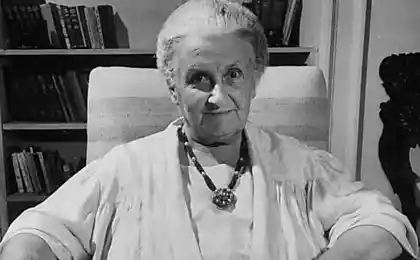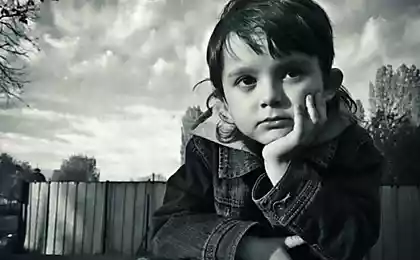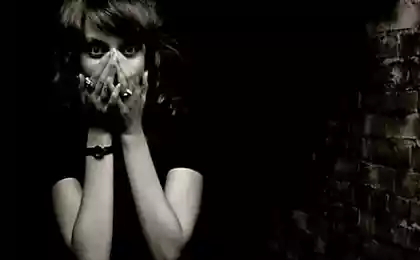490
How to cope with anger and nervousness children: effective methods of Maria Montessori
Montessori teaching methods have many known: someone who admires them, someone criticizes. This is a very interesting approach that can be used not only in the classroom but also at home (at the family level), in everyday life, raising their children.
Today we wanted to talk to you about nervousness children about anger and rage, the emotions that they can not control, direct, and sometimes even to understand.
One of the most useful concepts, the author of which was Maria Montessori, the so-called "sensitive periods". From birth to 6 years children have and are experiencing what she calls "Windows of opportunity".
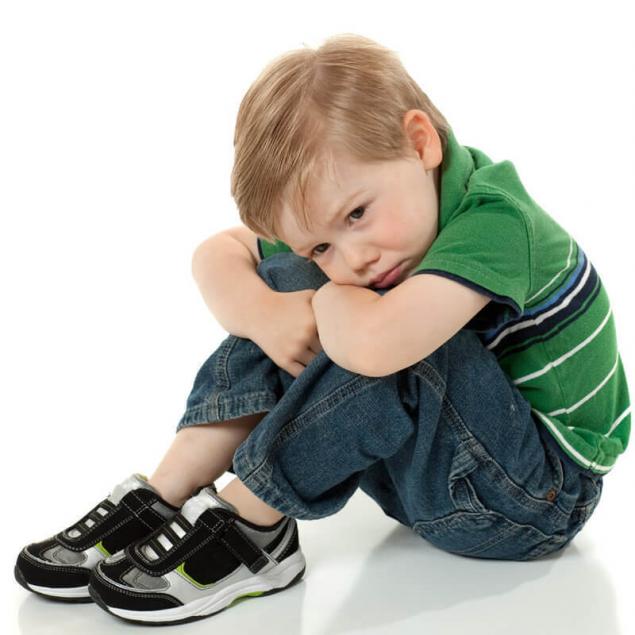
These are the moments when they have shown an innate ability to learn, to acquire new skills and "hone their skills". And at this time you need to teach them to manage their emotions and to understand them, it's a very complicated spiritual world, which is often simply "overwhelms" the little people.
Consider a few simple strategies.
Montessori pedagogy to manage children's anger and nervousness
We all more or less imagine what focus and emphasis in education on the Montessori method.
They are struggling to develop independence in the child, a kind of autonomy, where he will be responsible for their own learning. It all depends on the curiosity, the inquisitiveness of the child and his interaction with other people and offer resources.
Many parents wonder how the Montessori method can be useful in the "primary" environment, with the close people in the family? The answer is obvious: it is here that children are introduced to basic educational principles.
Let's look at some tips that can be of great use in moments of anger and rage of our children.
Social-emotional education
Maria Montessori never said only about education or emotional intelligence "in the clear". For a famous teacher of the concept of "socialization" and "emotions" are intrinsically linked and should go hand in hand.
At a time when the child might be hysterical, he feels that the social environment does not meet his expectations:
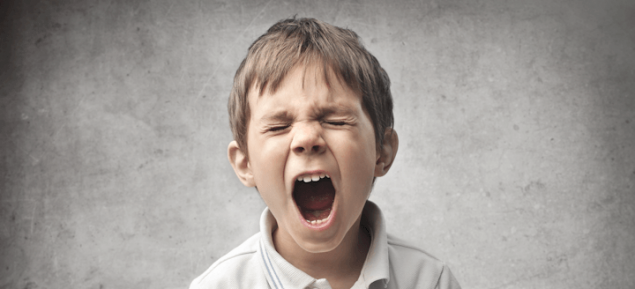
And therefore sensitive periods (from birth to 6 years) are key, we need to be with their children, to give them the answers to each question and be attentive to each of their emotions.
What you need to keep in mind to manage the emotional world of the child?
That is why we parents must educate their children and communicate with them calmly and patiently. Never ignore these States of anxiety or nervousness in children, especially if they are very young. Must find the cause of this condition and offer a solution.
Also interesting: “do Not go!”: how parents raise their losers
Alice Miller: the Moralizing only takes children from the right path
Calm, just calm..
In recent years, have become very popular so-called "banks of the peace". They help to overcome anxiety and relieve stress in children. But now, we should clarify their purpose and how to use them correctly.
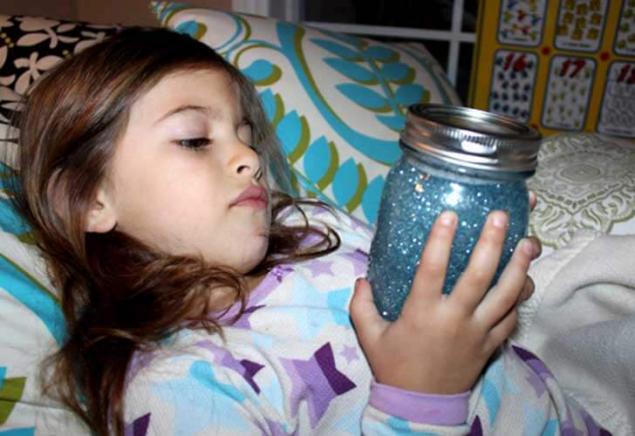
Such banks of calm — a very simple resource that you can really be of great help.published
Source: steptohealth.ru/metody-montessori-pomogut-spravitsya-s-gnevom-nervoznostyu-detej/
Today we wanted to talk to you about nervousness children about anger and rage, the emotions that they can not control, direct, and sometimes even to understand.
One of the most useful concepts, the author of which was Maria Montessori, the so-called "sensitive periods". From birth to 6 years children have and are experiencing what she calls "Windows of opportunity".

These are the moments when they have shown an innate ability to learn, to acquire new skills and "hone their skills". And at this time you need to teach them to manage their emotions and to understand them, it's a very complicated spiritual world, which is often simply "overwhelms" the little people.
Consider a few simple strategies.
Montessori pedagogy to manage children's anger and nervousness
We all more or less imagine what focus and emphasis in education on the Montessori method.
They are struggling to develop independence in the child, a kind of autonomy, where he will be responsible for their own learning. It all depends on the curiosity, the inquisitiveness of the child and his interaction with other people and offer resources.
Many parents wonder how the Montessori method can be useful in the "primary" environment, with the close people in the family? The answer is obvious: it is here that children are introduced to basic educational principles.
Let's look at some tips that can be of great use in moments of anger and rage of our children.
Social-emotional education
Maria Montessori never said only about education or emotional intelligence "in the clear". For a famous teacher of the concept of "socialization" and "emotions" are intrinsically linked and should go hand in hand.
At a time when the child might be hysterical, he feels that the social environment does not meet his expectations:
- He can't get what you want, very angry, offended and easily irritated, he's just not able to postpone the satisfaction of his "I want"... That's the meaning of the tears, cries, and sometimes the punches, kicks.
- Emotions arise at the child when interacting with adults or with other children, it is a socio-emotional context where one cannot be separated from the other.
- Despite the fact that many have criticized the Montessori method for giving the child freedom and independence, we must not forget something very important fundamental:

And therefore sensitive periods (from birth to 6 years) are key, we need to be with their children, to give them the answers to each question and be attentive to each of their emotions.
What you need to keep in mind to manage the emotional world of the child?
- Never ignore the words and do not ignore your child's behavior. Do not compare him with anyone. All this creates in him more rage and resentment.
- Try to keep your child was always confident. I am sure that at any moment he may talk to you or open another piece of our huge world, I am sure that it can communicate with other children, play with them and create something, and at the same time to trust someone and rely on respect.
- Allow your child to sometimes do the wrong thing. Help him your advice, but let it he corrects his mistakes. Because children have to do things yourself, to feel able to do something, it really boosts their self-esteem.
- When a child expresses their anger or rage, it means that there is something he can't put into words (or just knows), but because we need to find out why and try to understand.
That is why we parents must educate their children and communicate with them calmly and patiently. Never ignore these States of anxiety or nervousness in children, especially if they are very young. Must find the cause of this condition and offer a solution.
Also interesting: “do Not go!”: how parents raise their losers
Alice Miller: the Moralizing only takes children from the right path
Calm, just calm..
In recent years, have become very popular so-called "banks of the peace". They help to overcome anxiety and relieve stress in children. But now, we should clarify their purpose and how to use them correctly.

- "Banks of the peace" is, first and foremost, a visual stimulator. The child may for some time to focus on the moving glitter.
- These "sedatives" can be used only under adult supervision.
- We can, for example, every night to bring her child to bed and, while he observes this object, to ask him how the day went, what's bothering him, does he have any fears, what you like and what you don't like...
- And these questions need to be asked with absolute sincerity, in any case without judging the child, it should not be an interrogation, but rather, the game, promoting emotional release of the child.
Such banks of calm — a very simple resource that you can really be of great help.published
Source: steptohealth.ru/metody-montessori-pomogut-spravitsya-s-gnevom-nervoznostyu-detej/
What to do to cabbage in the beds didn't crack
Gestational diabetes: checklist for pregnant women from personal experience





